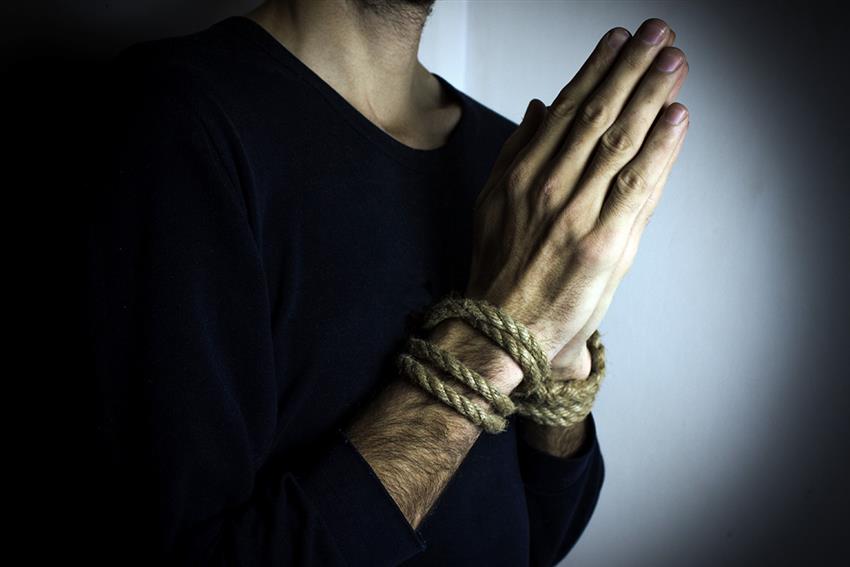
The dictum is not to talk about religion and politics in polite company. If you share that belief, read no further.
Religious freedom is an interesting concept. A quick search came up with no current law in Australia that makes a belief in any faith tradition illegal, and anti-discrimination legislation that makes it illegal to harm others physically or mentally based on a whole lot of factors including race, beliefs or actions.
The campaign around religious freedom has been part of the discussion in Australia for some time. Then Prime Minister Turnbull promised a review of the concept as a part of the same-sex marriage discussion that occurred leading up to the Parliamentary vote in December 2017. It is history now that the enabling legislation for same-sex marriage passed both houses of Parliament by a substantial margin following a plebiscite when voters got a chance to tell their members of Parliament how to do their job in a process wasting millions of dollars. Turnbull did ask former Liberal Party Minister Philip Ruddock to review ‘
religious freedom’ as promised. Ruddock reported back to the government late in 2018.
It was recently reported on ABC’s website that Baptist Minister and senior fellow at the Centre for Public Christianity, Tim Costello
believes
Some of the most prominent voices in religion in Australia are driven by fear, and Christians in particular have an unfounded anxiety about being persecuted, Baptist minister and social justice advocate Tim Costello has said.
The senior fellow at the Centre for Public Christianity said a "toxic" debate around asylum seekers in the past decade had "damaged the Australian soul" and contributed to a paralysing fear of others that had crept into public discourse.
"It worries me that some of the loudest voices in terms of faith seem to have the most fear," he told the ABC.
Costello also suggests that the government allow for ‘fair discrimination’.
Mr Costello said he did not think religious freedom was under threat in Australia, but he did believe there should be some measures to allow religions to practise "fair discrimination".
"I certainly believe that Christian schools, Jewish, Muslim schools, should be able to hire teachers who actually share their vision of flourishing and their belief system," he said.
"Just like you don't ask the IPA [Institute of Public Affairs] to employ the left-of-centre people or the Greens to hire coal miners.
"I think those things need to be tidied up."
He argued current discrimination laws did not offer enough protection and used the hypothetical example of a modelling agency rejecting his request for a contract.
"And if they rejected me on my physical appearance ... that modelling agency has to claim an exemption from discrimination," he said.
"So we do need exemptions."
According to the ABC’s Laura Tingle the draft legislation, recently released by
Attorney General Porter
grounded itself in anti-discrimination law, rather than in religious rights philosophy.
As he has repeatedly said, the Government has sought the shield, rather than sword, approach to the issue, arguing the alternative would leave too many questions for the courts to have to determine.
The interesting parts of the draft are that, while it seeks to protect against discrimination on the grounds of religious belief or activity, it prescriptively defines neither.
The draft legislation also doesn’t discriminate over different faith traditions, so discrimination of those following a Taoist or Buddhist faith tradition would be as illegal as those following a Christian tradition — which will probably offend a lot of conservative ‘Christians’ who have the innate fear of persecution that Costello speaks about.
The proposed legislation gives an individual some right to object if an employment condition is contrary to the individual’s beliefs (a courtesy not extended to
public servants) but doesn’t extend to prescriptively banning behaviours some would find objectionable, which puts Morrison between a rock and a hard place. As suggested by
Laura Tingle
Here is an issue on which [Morrison] has led the running from the start and, without doubt, is seen in the public mind through the prism of his own strong religious commitment.
But his Cabinet has produced a well-thought-through structure for dealing with this thorny issue and a structure which does provide the capacity for people to be able to speak out in terms of their faith without facing prosecution.
But if conservatives push on the issue, Mr Morrison will have to advocate for policies which may offend the very conservative base to which he appealed when he pushed for this review in the first place.
As with freedom of speech, there is an implied religious freedom in Australia due to a lack of legislation to the contrary. It’s interesting that the political party that is usually promoting small government, and reductions in rules, ‘red tape’ and regulation is now apparently going to ‘die in a ditch’ introducing legislation and regulation that won’t satisfy most who have strong views in this area. It’s a pity the same rigor and concern isn’t being applied to climate change, humane treatment of refugees and inequality — to name just a few.
What do you think?
Current rating: 5 / 5 | Rated 14 times